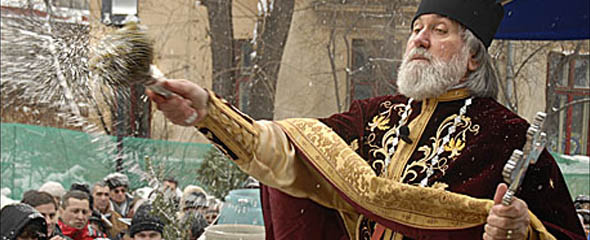I'm looking for a scientific explanation as to why vampires would be incapable of entering a human's house uninvited.
There have been many terrific scientific explanations for some of the most interesting vampiric traits over the years, but this is one that I'm unable to find (Google, Stack Exchange). In my world there's the beginning of a vampire society, and some vampire resistance to sunlight, so I'm interested in other ways of hindering these otherwise super-powerful blood-suckers.
In a bunch of classical stories, vampires do have this limitation that prevents them from entering a decent folk's house without an express invitation. They hang out in the doorway, looking all innocent and politely asking if they may come in. If the good but foolish virgin/elderly/child says "Do come in, what can possibly go wrong" - vamp goes in, blood comes out.
This limitation is usually attributed to a measure of holiness (sanctity of a place of residence) vs. the vampire's unholiness, or a magical physical prevention trick. In one short story, I recall that the vampire was unable to enter a shabby hovel before being invited, even when pushed into the entrance by a powerful ogre.
But I'm looking for a scientifically (can be soft science) explained vampire, such as in these neat questions and answers:
How much blood does a vampire need?
Plausible explanation for lack of reflection in a mirror.
I was thinking about a psychological disability, but psychology is shifty and can be changed. Then I thought of a selective force field, but those can be hacked/altered. I really would like to have a physical, improbable to alter reason for a vampire to grind their teeth and be unable to take an extra step into my residence.
(enter virgin/elderly/child voice here:) Help! Scientific heeelp!


